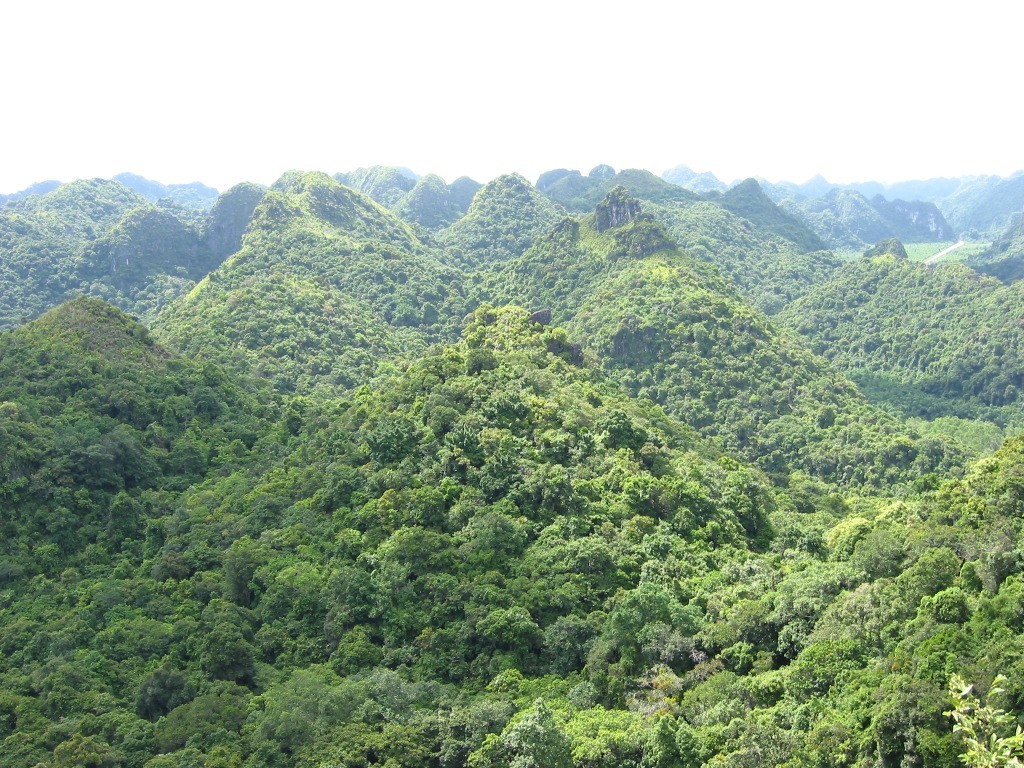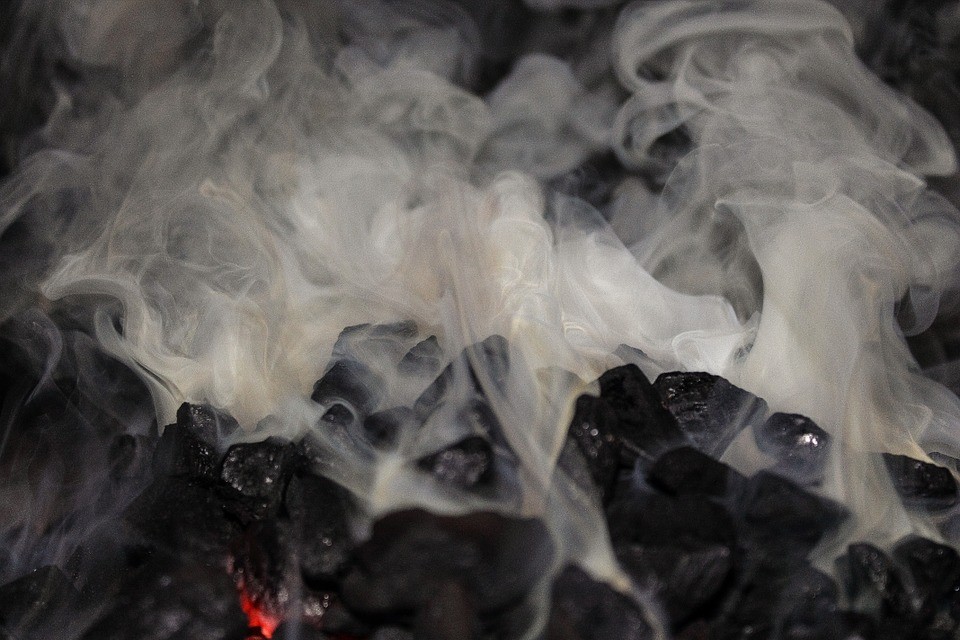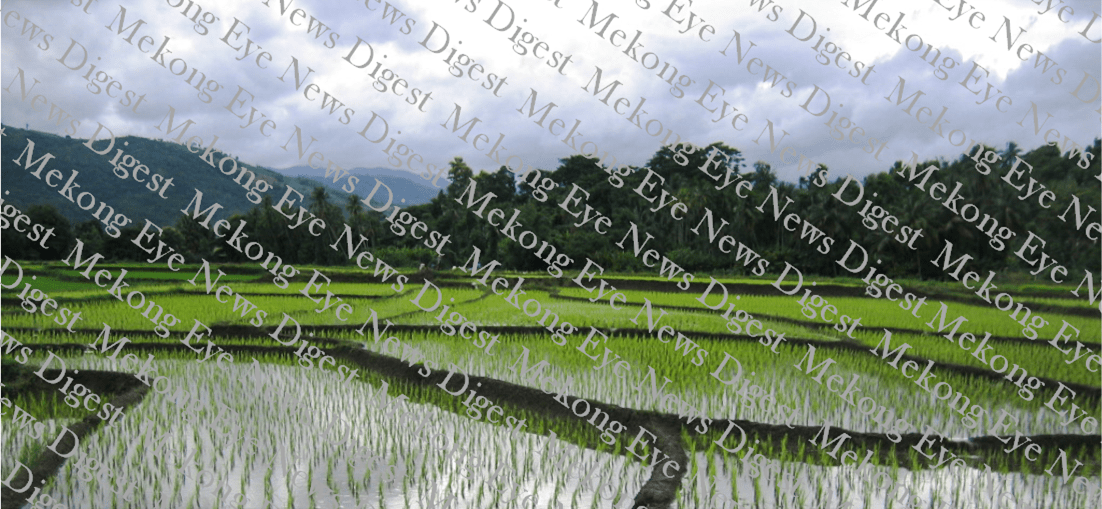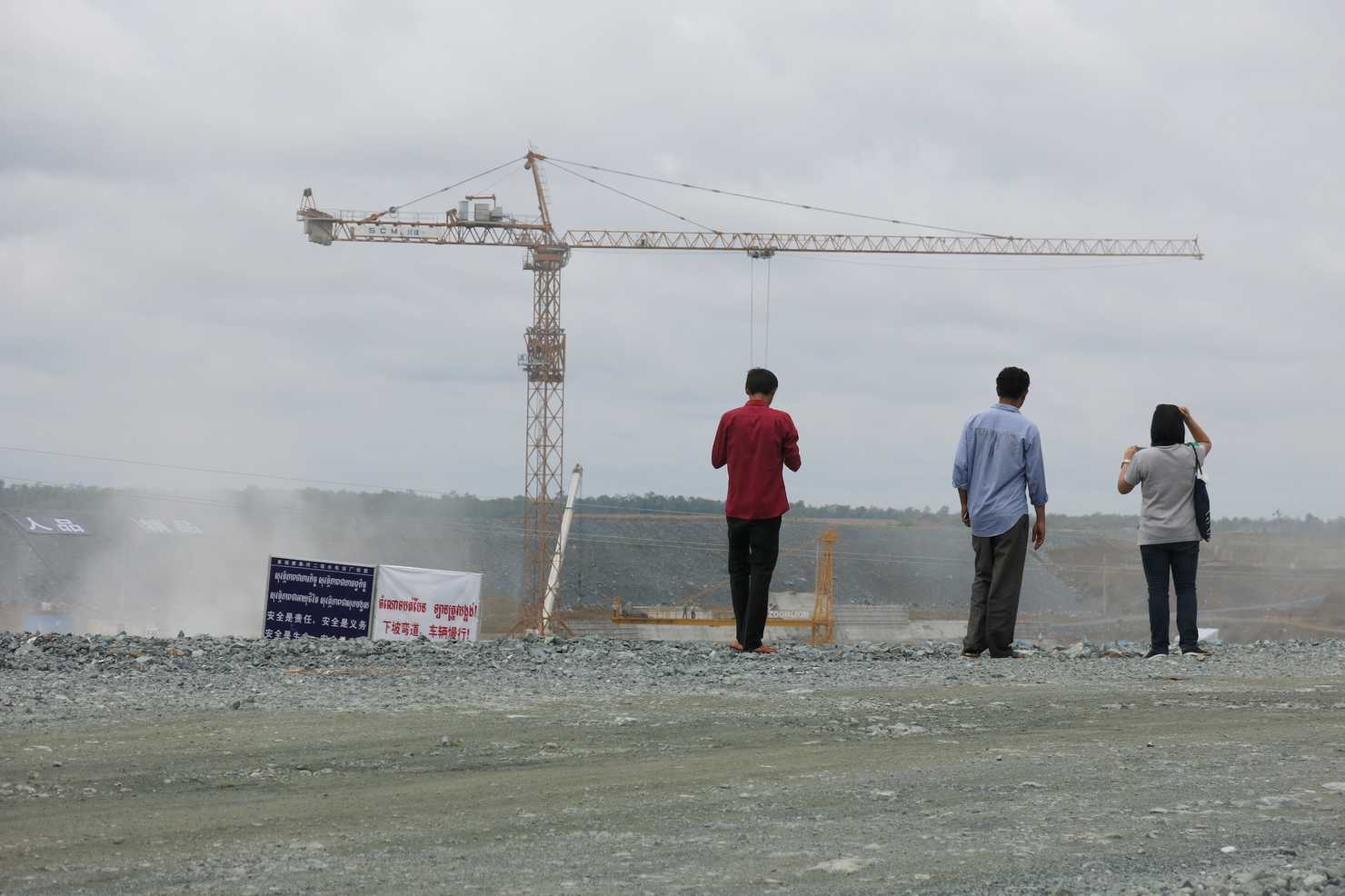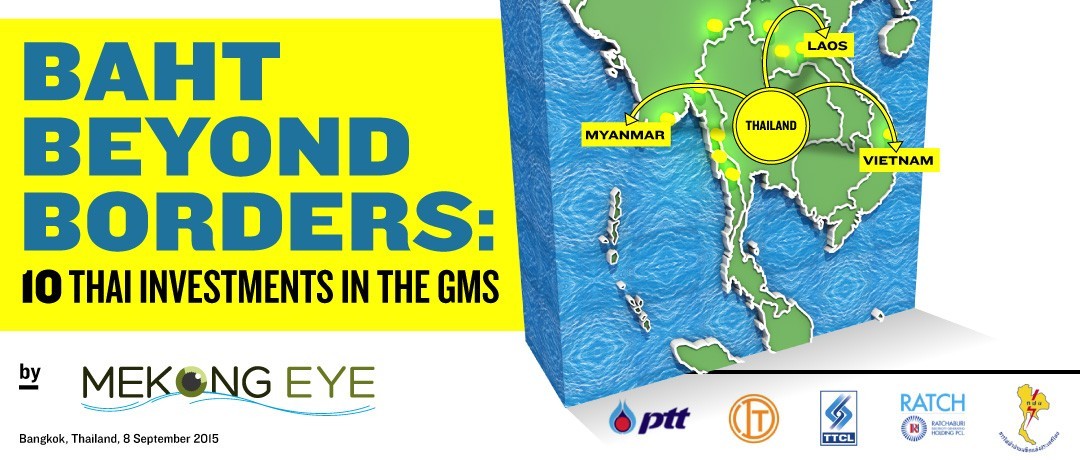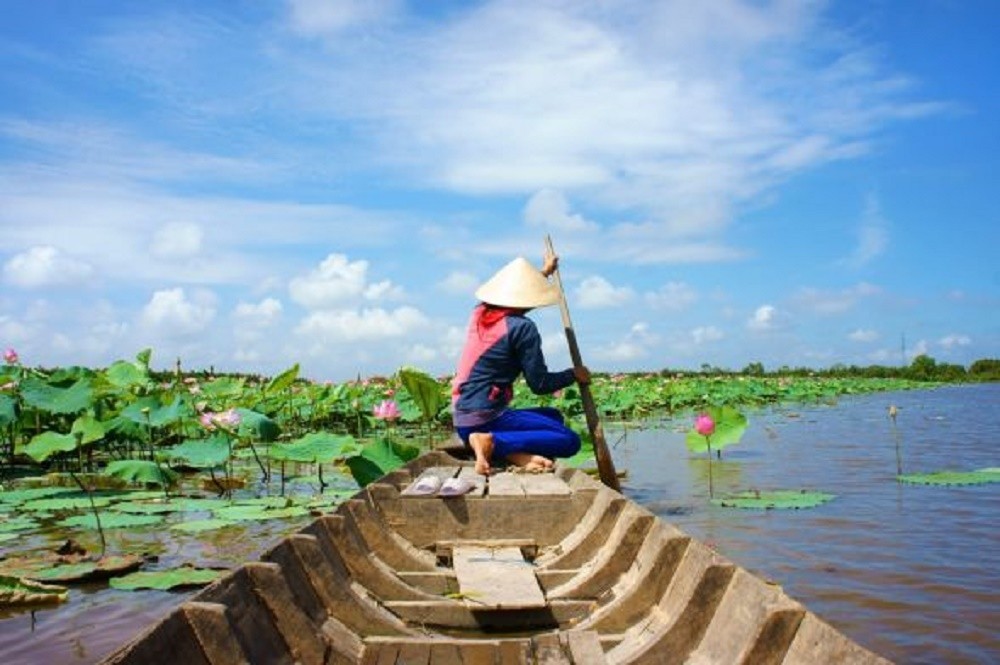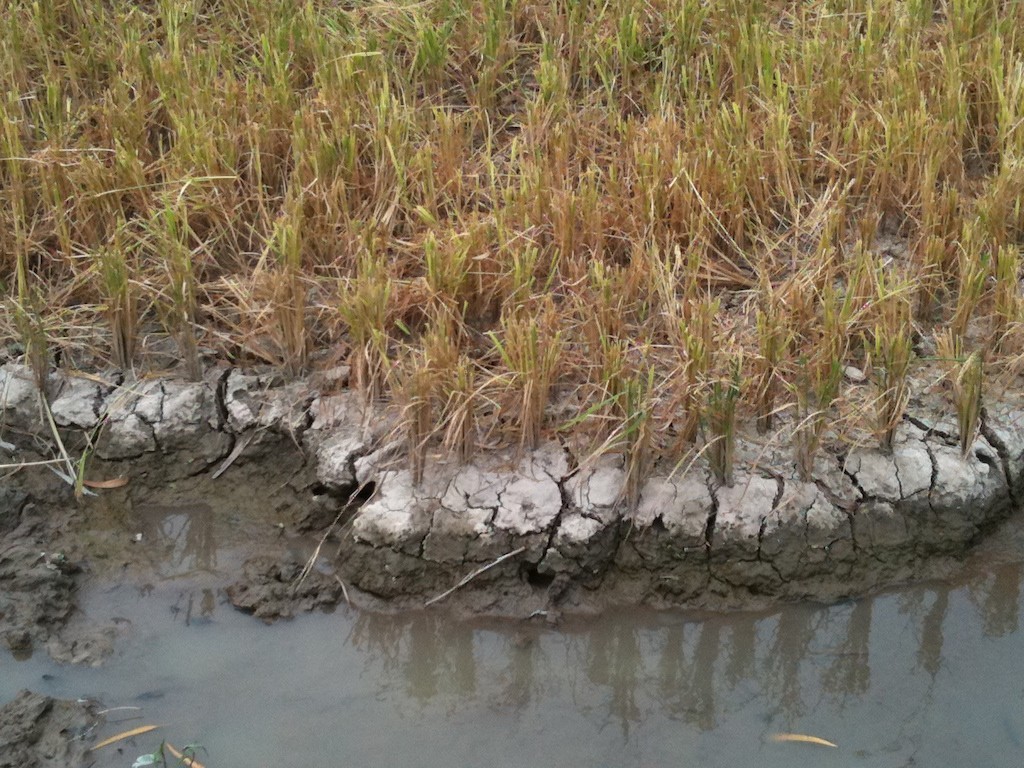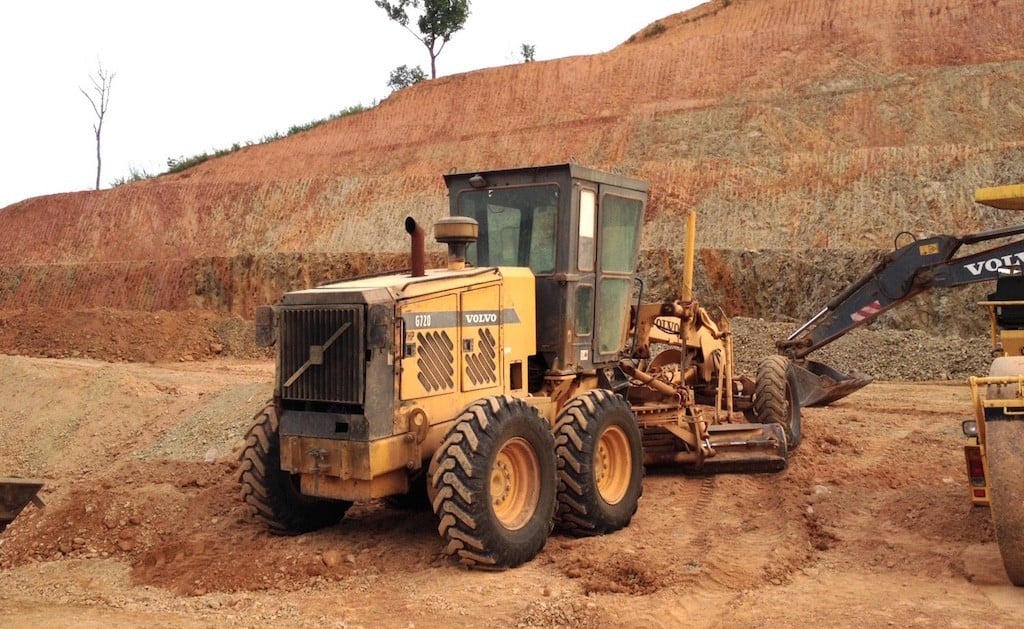In Thua Thien-Hue province, the companies belonging to the Ministry of Transport are speeding up the clearing of 49 hectares of forest in the core area of the Bach Ma National Park to make room for a highway.
A 4-lane road that links Thua Thien-Hue and Da Nang City will ‘slice’ through the park.
In late 2015, local newspapers reported that the Ministry of Agriculture and Rural Development (MARD) gave a license to build a road through the Cat Tien National Park.


